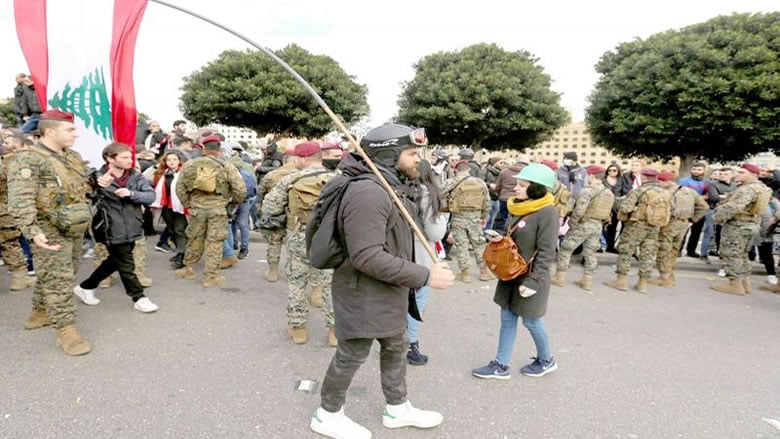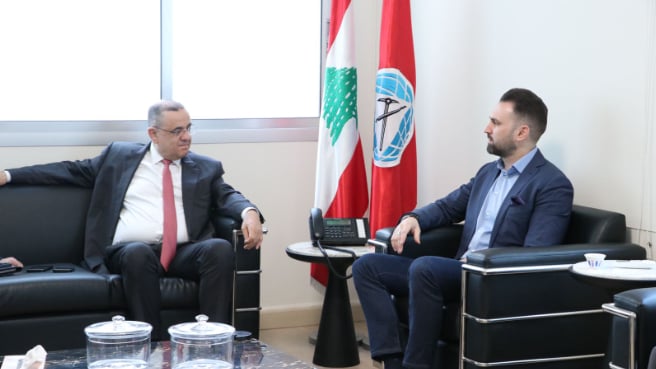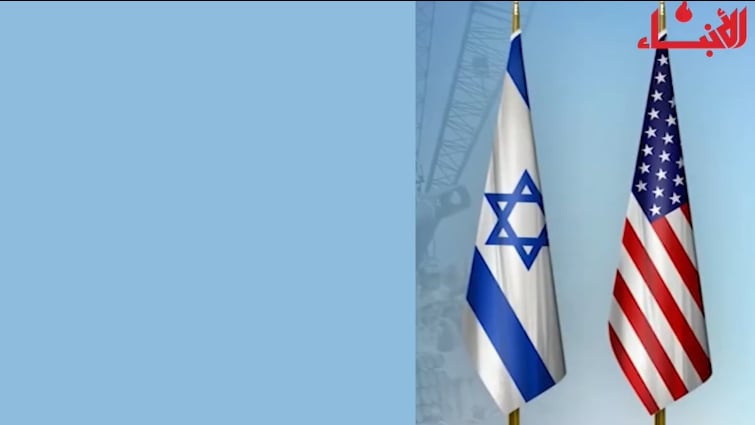As Lebanon passes through the most severe and unprecedented economic and fiscal crisis in its contemporary history, there are increasing doubts that its new cabinet is capable of confronting the enormous upcoming challenges.
The Arab and international communities upon which Lebanon traditionally relies for aid have expressed a cold attitude towards the cabinet headed by Hassan Diab.
Lebanese Foreign Minister Nassif Hitti recently made his first European visit to Paris, with the new cabinet relying on the French to revive the CEDRE Conference resolutions that pledged almost $11 billion in aid to Lebanon.
The conference was orchestrated by French President Emmanuel Macron, convened in the French capital in April 2018 and called on Lebanon to initiate reforms that would introduce drastic changes to the economy.
Lebanon’s power sector squanders $2 billion a year in estimated losses, a figure that has increased the country’s deficit and public debt to no avail because the country still suffers electricity shortages in vast areas. In effect, the new cabinet has copy-pasted the former government’s plan as-is without amendment.
The plan postpones the assignment of an independent supervisory committee, which is a precondition for donors, to increase transparency and secure efficient administering of the sector. The pretext is that there is a need to change the regulatory law first. Criticisms have also been voiced against this postponement, considering that this is a step that would allow the Energy Ministry to complete all huge tenders without the supervision of the committee.
Information leaked from Paris indicated that France had lost enthusiasm to extend aid to Lebanon unless it seeks aid from the International Monetary Fund (IMF), a step that would deepen division among Lebanese political parties. Hezbollah has explicitly rejected any deal with the IMF because it considers the fund a Western tool used to dominate crippled countries such as Lebanon.
On the Arab front, Diab has reportedly asked to visit Saudi Arabia, part of a Gulf tour that would also see him travel to Kuwait, the United Arab Emirates, Qatar and other countries. Riyadh has yet to respond. Qatar has said it would welcome a visit from Diab, regardless.
The new government’s plan promised Qatar Petroleum one out of the three grand Floating Storage Regasification Units to be built in Lebanon.
Another enormous challenge that confronts the cabinet is the $1.2 billion Eurobond set to mature March 9, with other bonds requiring repayment in April and June. Lebanese Finance Minister Ghazi Wazni, a veteran financial expert, said the country “has the option to choose between the worse and the worst.”
After the Central Bank announced that it was the sole responsibility of the cabinet to deal with this debt, there are fears that abiding by those payments would lead to a sharp decrease in the Central Bank’s foreign currency reserves, something that would exacerbate the liquidity crisis in the country. Parliament Speaker Nabih Berri warned against making the forthcoming payment, saying it would lead to catastrophic results at the social level.
The revolt that started October 17, 2019, toppled the government headed by Saad Hariri but has lost momentum, with a few exceptions of cutting roads or breaking into ministries and public departments.
The call for early parliamentary elections, though supported by several political forces, seems to be blocked by Hezbollah, which is of the view that parliament should complete its designated term, which ends in 2022. As a result of this, political and economic deadlock is looming.
Once more, Lebanon finds itself at a crossroads as it has always been. No matter where it goes and how it goes, difficulties are at the forefront.





